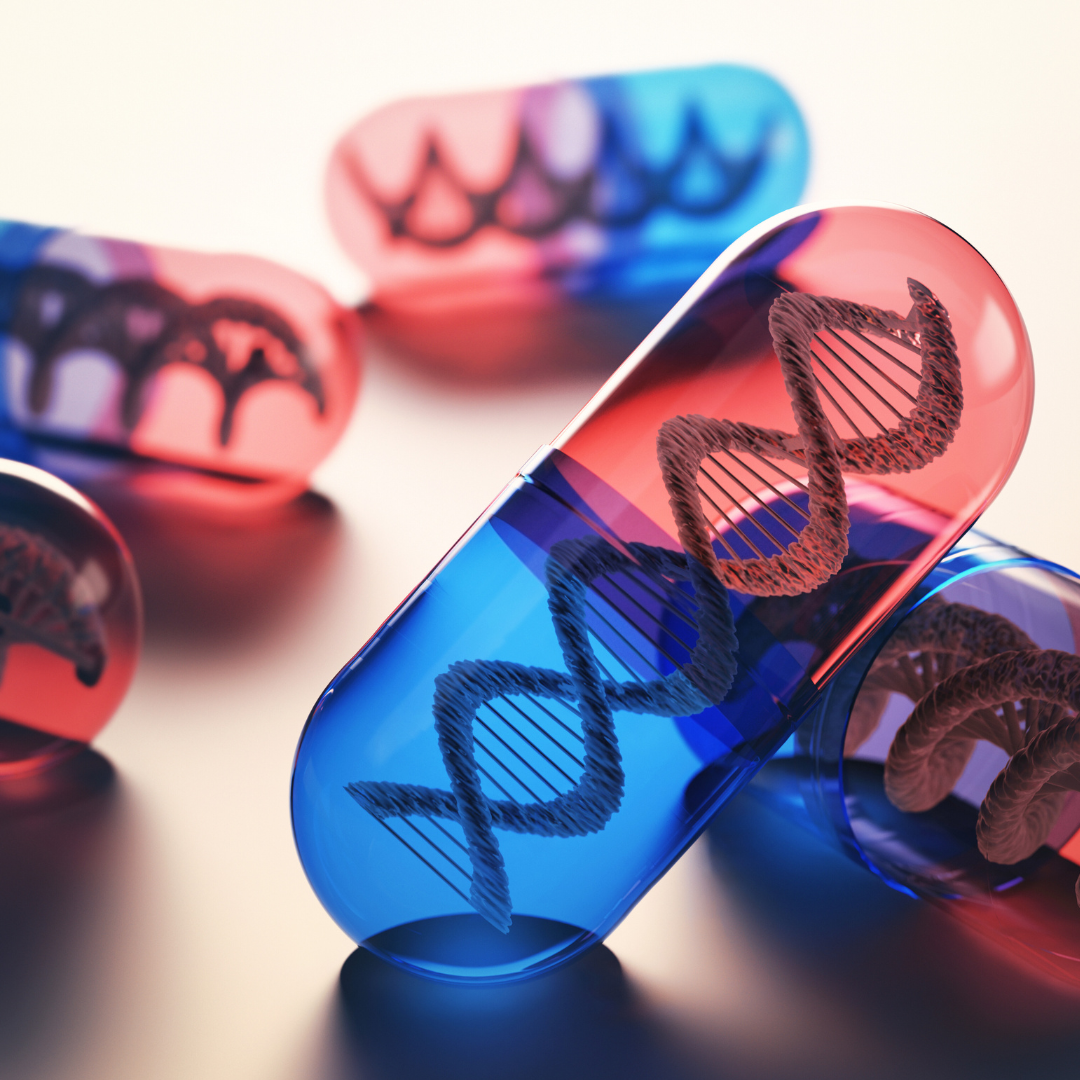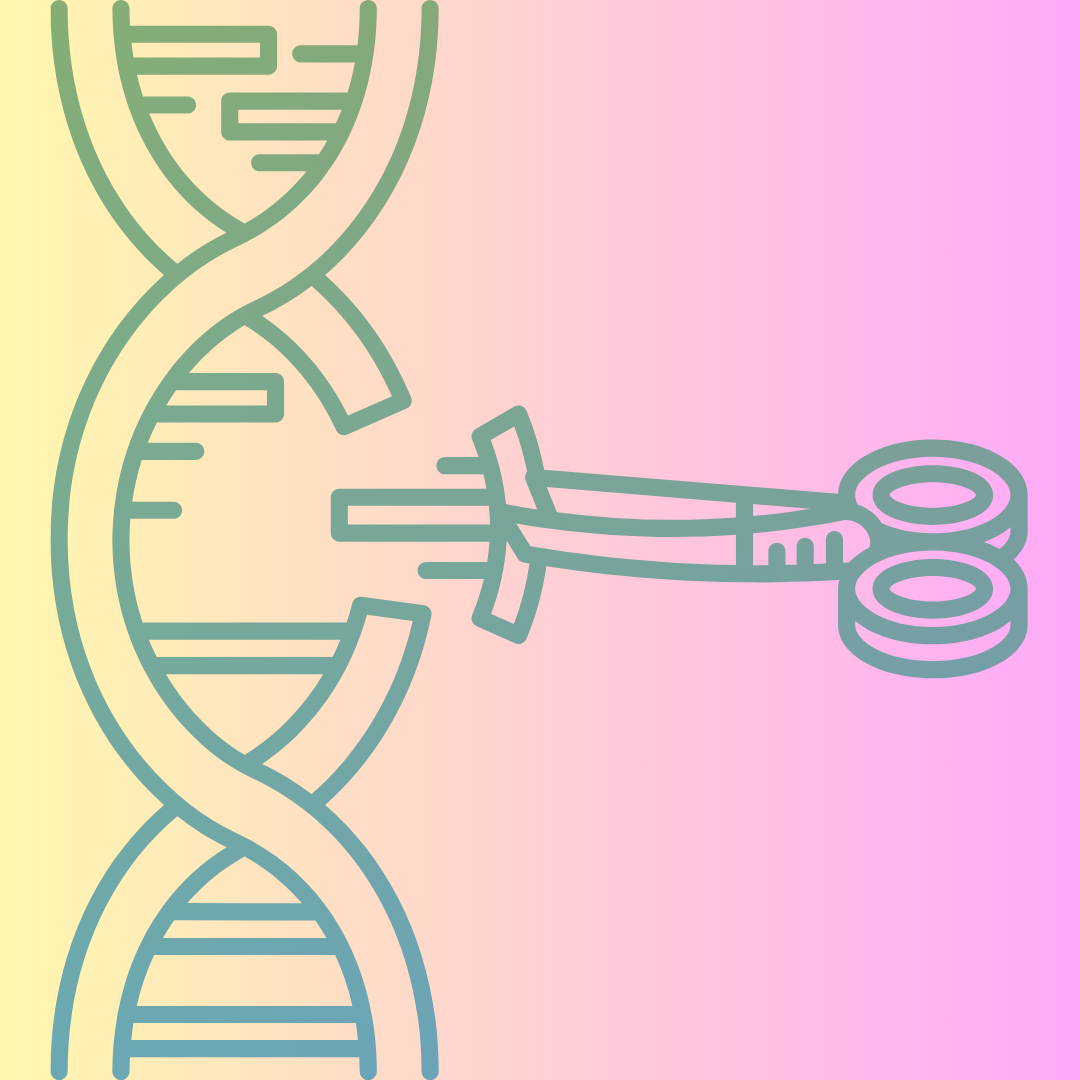Human Genetic Modification
Human genetic modification (or “gene editing”) can be used in two very different ways. Somatic genome editing changes the genes in a patient’s cells to treat a medical condition. A few gene therapies are approaching clinical use but remain extraordinarily expensive.
By contrast, heritable genome editing would change genes in eggs, sperm, or early embryos to try to control the traits of a future child. Such alterations would affect every cell of the resulting person and all subsequent generations.
For safety, ethical, and social reasons, heritable genome editing is widely considered unacceptable. It is prohibited in 70 countries and by a binding international treaty. Nevertheless, in 2018 one scientist announced the birth of twins whose embryos he had edited. This reckless experiment intensified debate between advocates of heritable genome editing and those concerned it could exacerbate inequality and lead to a new, market-based eugenics.
Genome editing is a way of making changes to specific parts of a genome. Scientists have been able to alter DNA...
Public and policy conversations about heritable human genome editing often leave the impression that rules governing it are few and...
February 8, 2022
A genetic disease runs in your family. Your doctor tells you that, should you wish to have a child, that child is likely to also carry the disease. But a new gene-editing technology could change your fate. It could ensure that your baby is -- and remains -- healthy. Even more, it could potentially make sure your grandchildren are also free of the disease. What do you do? Now, imagine it's not a rare genetic disorder, but general illness, or eye color, or cognitive ability, or athleticism. Do you opt into this new world of genetically edited humans? And what if it's not just you. What your friends, neighbors, and colleagues are also embracing this genetic revolution? Right now, science doesn't give you that choice. But huge advancements in CRISPR technology are making human gene editing a reality. In fact, in 2018, a Chinese scientist announced the first genetically modified babies; twin girls made to resist HIV, smallpox, and malaria. The promise of this technology is clear. But gene editing is not without its perils. Its critics say the technology is destined to exacerbate inequality, pressure all parents (and nations) into editing their children to stay competitive, and meddling with the most basic aspect of our humanity. In this context, we ask the question: Should we use gene editing to make better babies?
FOR THE MOTION: Dr. George Church Professor of Genetics, Harvard and MIT & Founder, Personal Genome Project; Amy Webb Futurist & Author, "The Genesis Machine"
AGAINST THE MOTION: Marcy Darnovsky, Policy Advocate; Françoise Baylis, Philosopher
Gene editing technology like CRISPR may have potential to treat diseases, but does editing future generations go too far? In this August 9, 2022 event, we heard renowned bioethicist Françoise Baylis, reproductive justice activist Nourbese Flint, and disability rights scholar and activist Karen Nakamura discuss the serious societal and ethical implications of human gene editing in the context of assisted reproductive technology. This discussion was moderated by Osagie Obasogie, professor of law and bioethics at UC Berkeley.
(For those who participated in the live event, the audio on this version has been fixed, and missing slides have been added.)
Published November 17, 2022
The prospect of using CRISPR gene editing in reproduction is often justified by claims that it will eliminate disease and disability. But these claims draw on societal narratives that devalue people with disabilities. In this roundtable conversation, Silvia Yee (Disability Rights Education and Defense Fund), Larkin Taylor-Parker (Autistic Self Advocacy Network), and Teresa Blankmeyer Burke (Gallaudet University) explore how new disability rights narratives can challenge uses of genetic and reproductive technologies based in ingrained ableism, and promote futures in which disabled people flourish. Rebecca Cokley (Ford Foundation) moderated the discussion.
Full transcript and additional information about the speakers and topic can be found on the CGS website: https://www.geneticsandsociety.org/in...
This event on November 14, 2022 was co-sponsored by Center for Genetics and Society and Disability Rights Education and Defense Fund.
Center for Genetics and Society: https://www.geneticsandsociety.org/
Disability Rights Education and Defense Fund: https://dredf.org/
Published September 21, 2022
How should we talk about equity in the context of human genome editing? While sky-high costs and lack of access to potential somatic gene therapies are important to address, we also need to ask critical questions about health equity, sovereignty, and racial justice––particularly in relation to heritable genome editing, which would alter the genes and traits of future generations. This roundtable discussion with Indigenous geneticist-bioethicist Krystal Tsosie, reproductive justice scholar and advocate Dorothy Roberts, and educator and activist Milton Reynolds addresses the legacies of eugenics, honoring Indigenous sovereignty, decolonizing DNA, and why conversations about heritable genome editing urgently need voices and perspectives grounded in social justice and human rights. This discussion was hosted by Center for Genetics and Society and moderated by CGS associate director Katie Hasson.
Access a full transcript and learn more about the event and speakers at https://www.geneticsandsociety.org/in....






